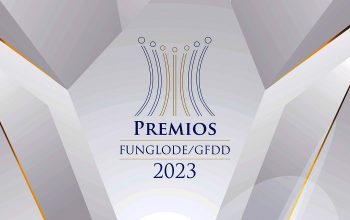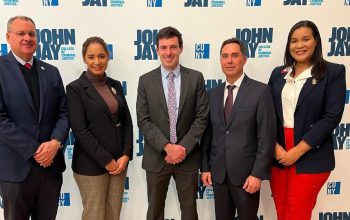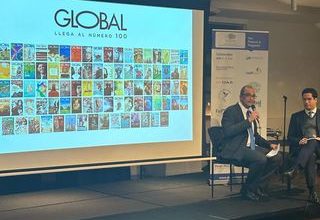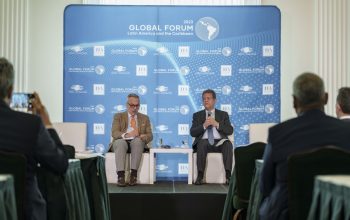news
Mexican Ambassador to the United Nations Participates in GFDD and FUNGLODE’s Global Roundtable Program
April 26, 2013
The Permanent Representative of Mexico to the United Nations, Luis Alfonso de Alba, has confirmed his participation in the fifteenth edition of the GFDD continuous series “Global Roundtable.” Ambassador de Alba in GFDD’s honored guest in April at the GFDD New York office.
A distinguished career diplomat since 1983, Ambassador de Alba is currently the Permanent Representative of Mexico to the United Nations, a position he
assumed in September 2011. He previously served as the Special Representative at the Climate Change summit in Cancun in 2010. For his role of Chief Negotiator at this high-level meeting, Ambassador de Alba was nominated for Chatham House Prize in 2011. Between March 2004 and July 2009, he served as the Permanent Representative of Mexico to the United Nations in Geneva, where he was designated as the first President of the Human Rights Council, a position he held from June 2006 until June
2007. Prior to that, Ambassador de Alba served as the Deputy Permanent Representative to the United Nations in New York, Deputy Permanent Representative to the Organization of American States and Director-General for the United Nations, as well as other relevant positions at the Ministry of Foreign Affairs.
His Excellency will honor GFDD with his visit to discuss a wide spectrum of questions, ranging from the current political situation in Mexico, the situation with the
indigenous people in the country, Mexico’s engagement in the UN reform, Financing for Sustainable Development, and to the outcome of the Climate Change summit in Cancun in 2010.
About Mexico
The site of advanced Amerindian civilizations, including the Olmec, Toltec, Zapotec, Maya, and Aztec, Mexico was conquered and colonized by Spain in 1521. Administered as the Viceroyalty of New Spain for three centuries, it
achieved its independence in 1821. After the Mexican Revolution in 1910, the country’s current political system emerged. For 70 years its politics were dominated by the Institutional Revolutionary Party (PRI) with the exception in 2000-2012 when the presidents came from the opposition, the National Action Party (PAN). In 2012 the PRI regained power, bringing Enrique Peña Nieto to office.
Mexico has the second-largest economy in Latin America and is a major oil
producer and exporter. Though production has fallen in the last few years, about one-third of government revenue still comes from the industry. Much of the crude is bought by the US which makes the economy of Mexico strongly tied to that of America.
Mexico has recently been emerging from its deepest economic crisis since the 1930s, with foreign companies pouring billions of dollars of fresh investment into the country. To illustrate, foreign direct investment climbed
nearly 30 per cent in the first six months of 2010 from a year earlier.
Notwithstanding, ongoing economic and social concerns for the government include low basic wage, underemployment for a large segment of the population, inequitable income distribution, and advancement opportunities for the Amerindian population in the impoverished southern states. Violent crime and drug trafficking though remain a major concern.
About the
Global Roundtable
In close association with the United Nations, the Mission of the Dominican Republic to the UN, GFDD organizes regular meetings with UN Ambassadors and other prominent figures in the international community in an effort to spread the news, knowledge and understanding of other countries, global issues and work of different United Nations bodies to its audience in the Dominican Republic, the US and around the world.
The regular
series, GFDD Global Roundtable is also a part of GFDD””s program to support the work of the United Nations and, as a non-governmental institution affiliated to it, contribute to the visibility and understanding of its work.
Related Link:
www.gfddglobalroundtable.org





